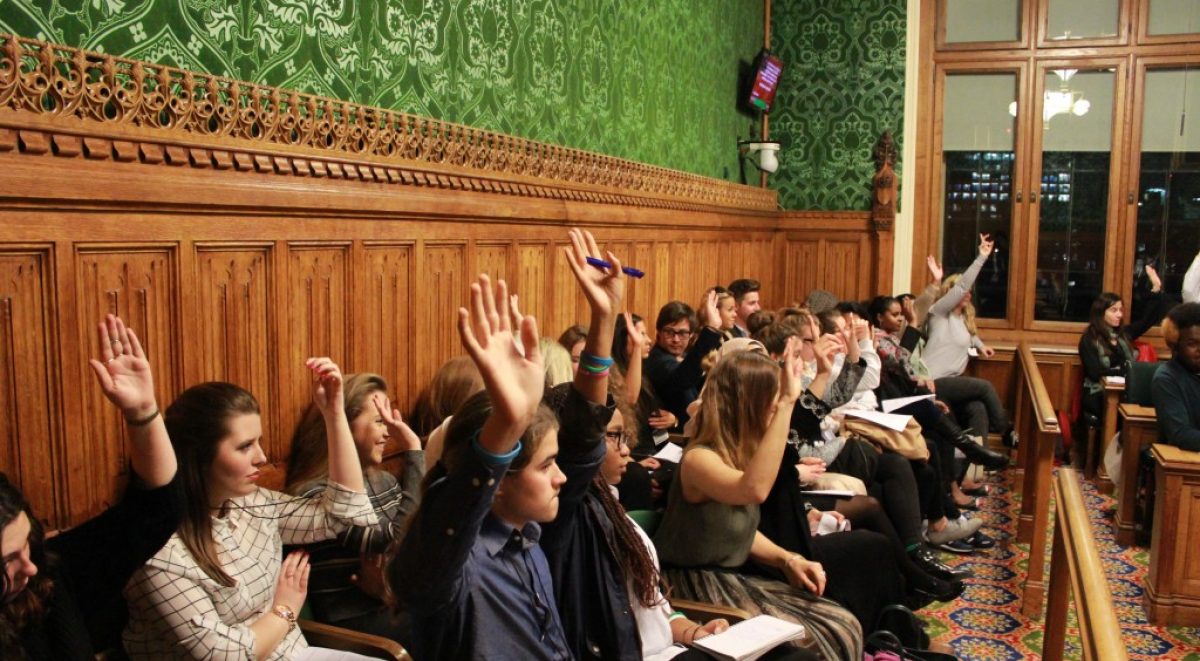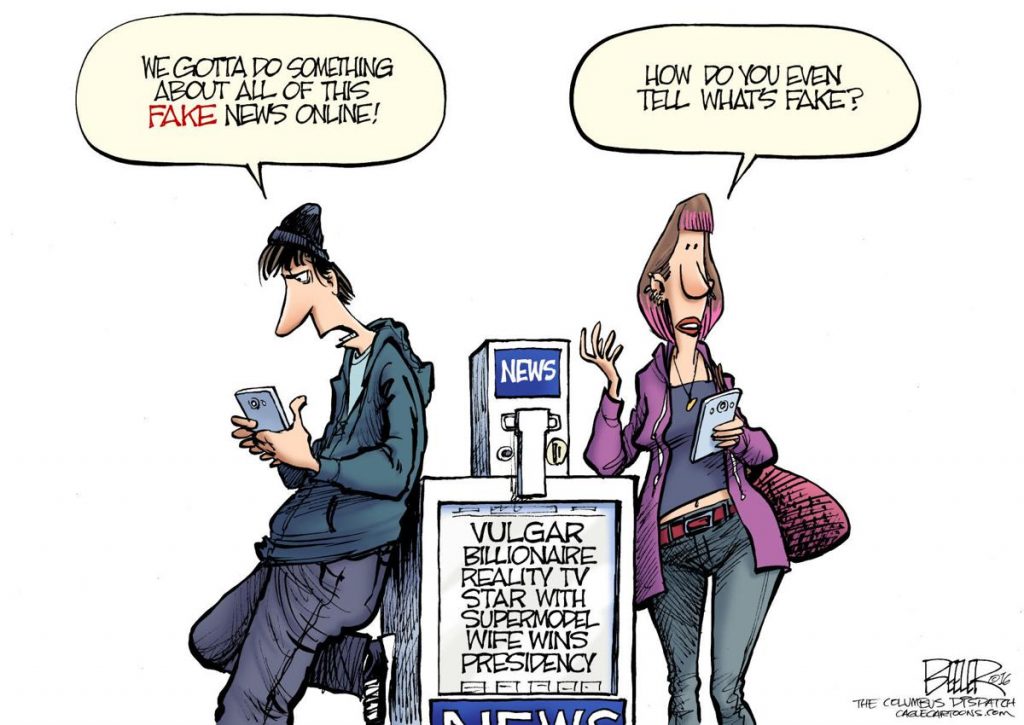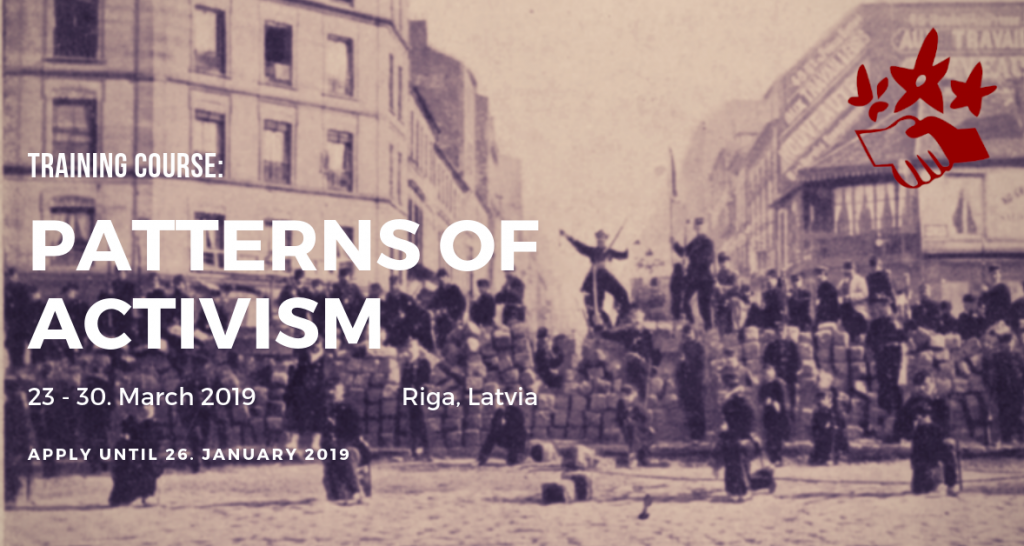
Disinformation and media manipulation are concepts fairly actual in today’s hyper-connected world. We hear these terms all the time, both in a productive and counterproductive way. On the one hand we have politicians calling each other out, media companies and even countries accusing each other without any substantial proof or grounding. In other cases information might even be deliberately twisted to influence opinions of different identity groups.
On the other, we have a catalyst attempting to reinvigorate people’s interest in the validity of information. Regardless of how the term is used, these conspiracies, accusations and misinterpretation of events and information all contribute to social polarization and the toxic political climate within societies that we see today and that creates a sense of powerlessness and futility.
It is for these reasons that we must understand the mechanism of misinformation but also a deeper conclusion from it. The concepts of civic responsibility don’t mean much without education and willingness it seems, but where exactly do we draw the line in that case? How can we safely conceptualize a proper way to see the truth of something in spite of the nature of opinion and contemporary information flows?

Fake news, disinformation and both subversive and unintentional propaganda contribute to the political climate we have to deal with but what are they rooted in? The modern world and its information streams depend on over-individualized and closed off, personalized newsfeeds and echo-chambers, the mechanisms of which seem obvious. But, just as that is an extreme so is its opposite, over-socialization.
Then on both sides, we have these negative tendencies prevailing since the individual builds society and there is no society without individuals. Both isolation and over-socialization are key concepts to understand here. When a person is isolated, he feels abandoned and has none with whom he can relate. Yet, when a person is over-socialized he loses the thing that makes him a person, his individuality, and consequently his ability to reason.
Through this, a person either distrusts far too much, or trusts far too much. Tribalism is in this case as bad as it’s opposite. It leads to the same thing, the inability to comprehend and make personal judgements properly while taking in information with which we don’t even have to relate to.
Maybe moderation is the key to unlocking this puzzle since we see how the two extremes can feed on themselves. In the same way that a person who drinks doesn’t necessarily have to be an alcoholic a person who tries to investigate affairs personally doesn’t have to be a conspiracy theorist. In the same way, a person who accepts a certain movement doesn’t necessarily have to be “lost” or an ideologue that follows trends.
On one hand we have a need to fit in, on the other we have the need to be different, so maybe the whole issue is based in the system in which we live in that doesn’t give us the tools to reach a level civic responsibility and political literacy to deal with external states of affairs. Since we live in a democracy where certain priori values and interpretations of individuality and selfhood create the basis upon which the efficiency of the system is designed, there must exist a standard. But simply stating that every participant is rational becomes a myth unless people are taught how to be rational in this context.
One of the main issues then becomes that of a polity’s responsibility towards its members. Its responsibility is to teach its members about participation. But in practice, we very rarely see this. Even in the United States where civic participation is taught through practice we see people making the same mistakes they make elsewhere.

Therefore, considering all of this, since we understand that an individual with a healthy sense of “self” makes the basis of a community the responsibility should ideally fall on the individual to learn. But another issue here is that no one really asks where to be born and when. When we understand this and go back to the problem of misinformation and manipulation we realize that it exists in spite of everything. People are destined to take sides.
In the end it seems that the real root is ones need to find the other, the enemy and win. We are always fed the narrative of the black and white world, right and wrong. The need to do something important entails in a person the drive to show and the drive to prove. Maybe polarization would lower and misinformation would work less if we recognize the other as an equal being to us, and therefore consider all opinions… after all, that’s what democracy is built and justified on, the opposite of a witch hunt.
Every opinion has truth to it, every side of the story has reality even relativized. Democracy though, recognizes all opinions so maybe we should too. If we want to develop and build a healthy way to listen, understand and judge we have to start from ourselves and the other. Maybe after all of that, we would learn to recognize divisive tendencies and fight against them. Solidarity then rests on understanding and maturity, and these two things seem to be the most important for a healthy society and state. Dehumanization and extremes then seem to become the basis of why manipulation occurs.
The training course “Patterns of Activism” that will be organized in Riga in March aims to help people exactly in this sense, and give answers to many of these questions. At a time when it’s most crucial, the project aims to help and give assistance to people both struggling with this and even the ones feeling comfortable. As we have seen, these things don’t seem to follow any logical or moral grounds so any understanding of these topics should be welcomed warmly and with hope.
